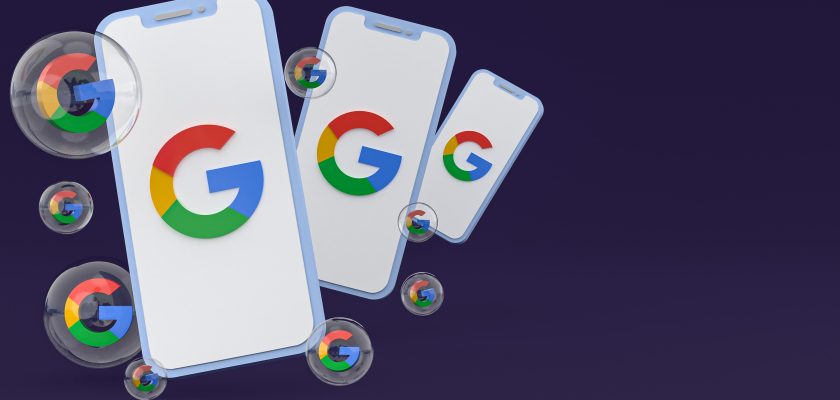You may have heard the buzz about Google’s newest advertising platform, Firebase. While it has many advantages for advertisers and developers alike, there are some things you should know before you dive in. In this blog post I’ll walk you through what’s required to connect your Firebase account to your existing Google Ads campaign with a few simple steps.
If you’re looking to link your existing Google Ads account, make sure that the email address associated with it is set up as an administrative user. If not, click Upgrade & Link and create a new one! Selecting your accounts will allow access to all of their tracking information in Analytics so don’t forget this step if you want full visibility into what’s going on behind-the-scenes within these campaigns.
Other questions related to Google ads
Table of Contents
How do I import events from firebase to Google ads?
1) First, you are going need a firebase project and some creative naming for your document on the app console dashboard. You’ll also want an APK of your Android application with google-services included (it is in Maven Central).
2) Add user management permissions via ext we provide–this will allow users access even if they’re not signed into their accounts yet per se or have disabled location services etc., but this removes other security features like requiring two factor authentication that would otherwise be enabled by default during signup time.
3) Next remove any unnecessary fields from our database schema such as email address which may reveal sensitive data about end users when it isn’t necessary such as storing
How do I connect firebase to Google Analytics?
You can link both your Firebase project and the analytics you want it linked with by following these steps.
1) First, open up your Firefire Project settings > Integrations where on a card titled “Google Analytics” click Link followed by selecting an account or creating one if needed.
2) For this next part there are many different configurations that could be made for things like what kind of data is tracked, how frequently events happen etc., but in general make sure all boxes related to tracking are checked off before clicking Save & Continue!
How do I link my apps to Google ads?
It’s easier than you think!
1) Simply select your mobile app’s platform, use the “Look up your app” field to find it.
2) Click Create Link ID and that’s about all there is for linking an ad with a specific app! You can also share links between accounts by selecting Share with another account.
3) Enter the customer ID of the other account in order to send them invitations or set permissions on who has access within this one account (for example: managers).
4) Once they accept, any activity from their devices will be synced so if someone downloads your content while logged into their personal profile, then logs out later but still uses something linked through both profiles – say a browser extension
Is firebase replacing Google Analytics?
In recent years, Google Analytics has been replaced as the most popular analytics service by Firebase. As of October 2019, all apps should transition to measuring their success with department’s app-specific SDKs instead of relying on old setups which used Google Analytics Services for iOS and Android devices.
Is Google and Firebase Analytics same?
Google Analytics and Firebase often go hand in hand, but they are not the same. For one thing, if you have an app on iOS or Android that is connected to your account on Google Analytics then both apps will be considered streams from a GA perspective.
What is difference between firebase and Google Analytics?
Firebase is a better tool than Google Analytics for analyzing data because it automatically analyzes all the data at once in one Firebase project. You can also do this on an app-by-app basis with apps like Flurry and Mixpanel, but if you are using multiple platforms (iOS/Android) then there would be different reports to look through each time which becomes cumbersome or even impossible when working across dozens of projects.
